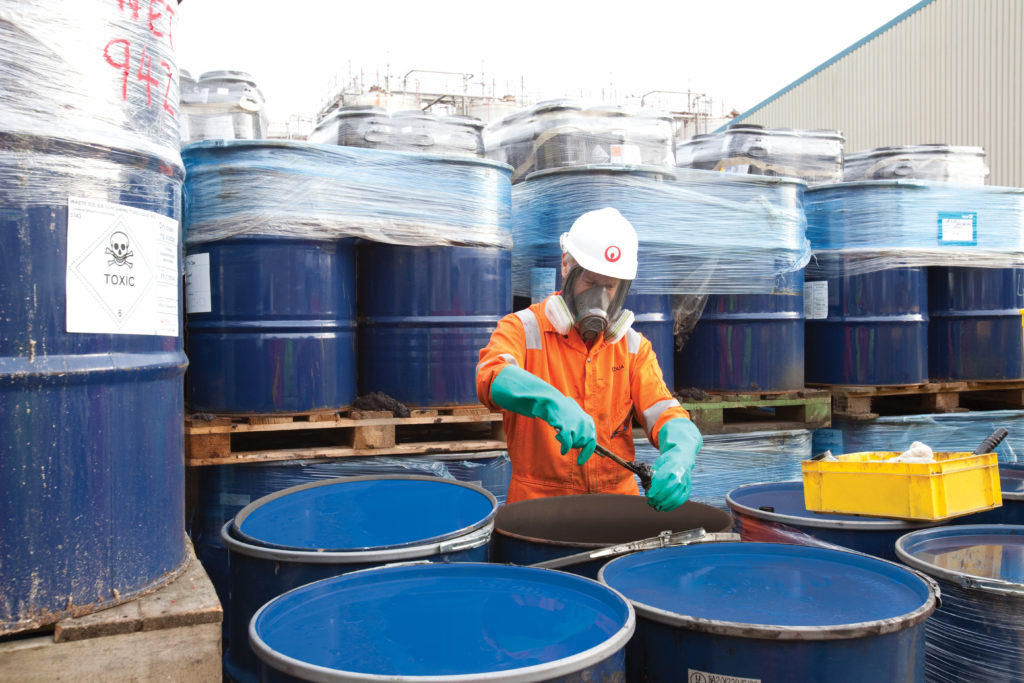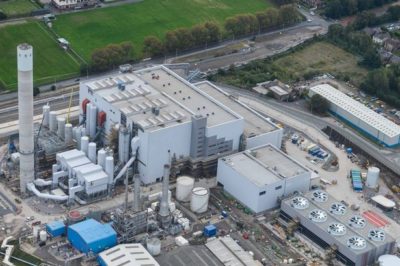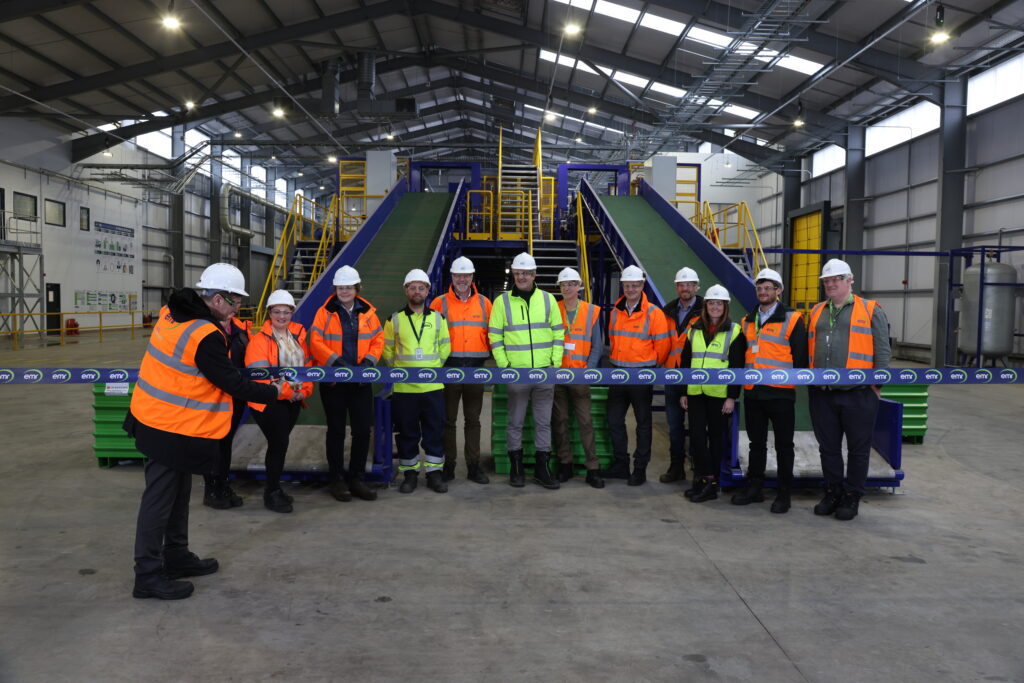Set to begin operations in “early 2024”, the facility will be located in Newcastle-upon-Tyne and serve the chemical, agrochemical, pharmaceutical, and petrochemical industries, Veolia said.
The facility will boast an annual capacity of 20,000 tonnes and will be “strategically situated on a secure site”.
Veolia said the plant has been specifically designed to meet the recycling and treatment needs of hazardous waste, ensuring compliance with regulatory standards. Its establishment will supplement Veolia’s existing network of six hazardous waste transfer stations, expanding the company’s range of services provided to the region.
Donald Macphail, chief operating officer for treatment at Veolia, said: “Effective and compliant management of the complex waste streams from today’s key industries is important to ensure we protect people and the environment, and the expansion of Veolia’s capabilities in the north east means we will now be able to increase the efficiency for all our customers in the region.
“By using the latest technologies we can now more effectively treat this waste, moving it up the waste hierarchy, and lowering the carbon impact.”
Services
Operating as a “central hub for complex waste streams”, the site will include a new laboratory for analysis and identification of wastes, and will segregate each item based on potential hazards, physical and chemical properties.
Veolia said this will ensure correct classification, storage and movement in accordance with the local geographical legislation, and provide all the required regulatory documents for pre-acceptance and disposal.
After analysis the waste streams will go on to the appropriate treatment, through Veolia’s specialist solvent recycling, fuel blending, oil recycling, inorganic treatment or High Temperature Incineration, which enables waste to be processed at the highest level of the waste hierarchy.












Subscribe for free